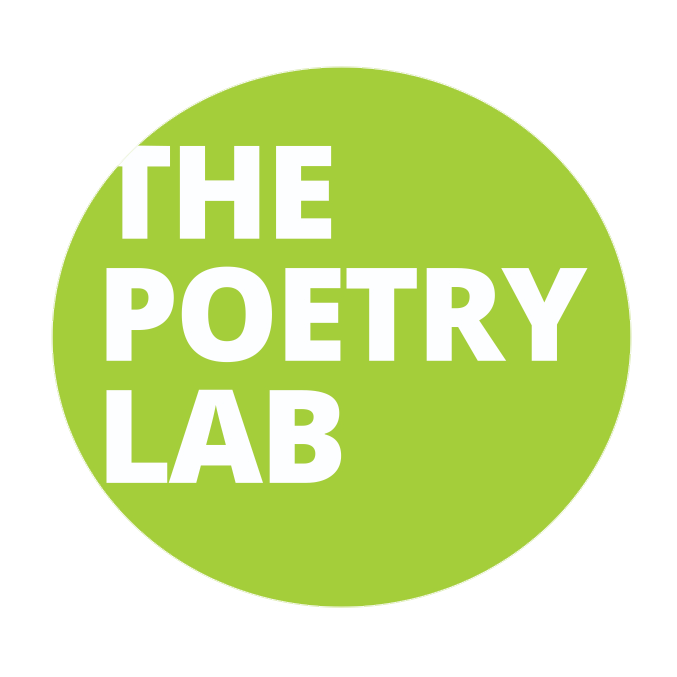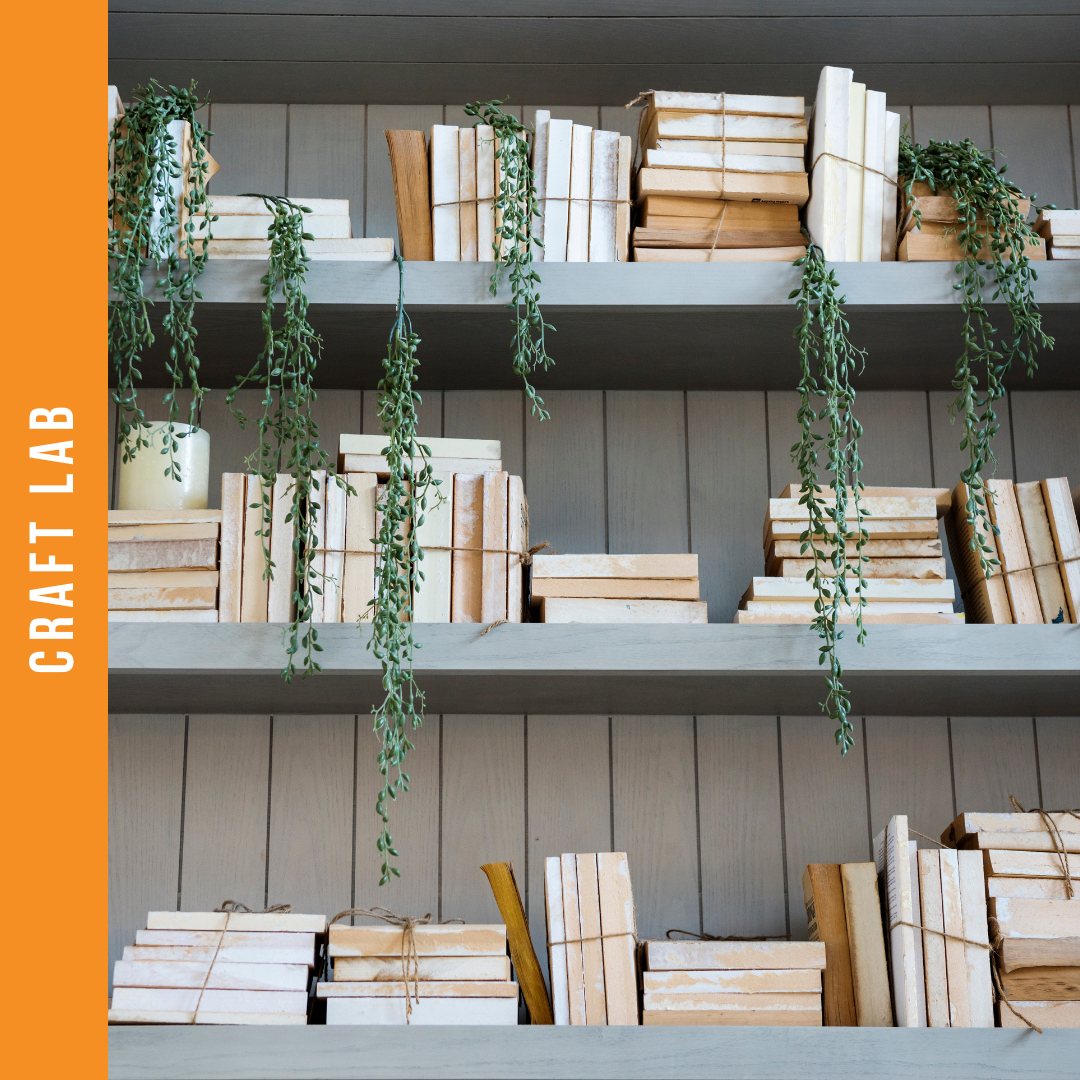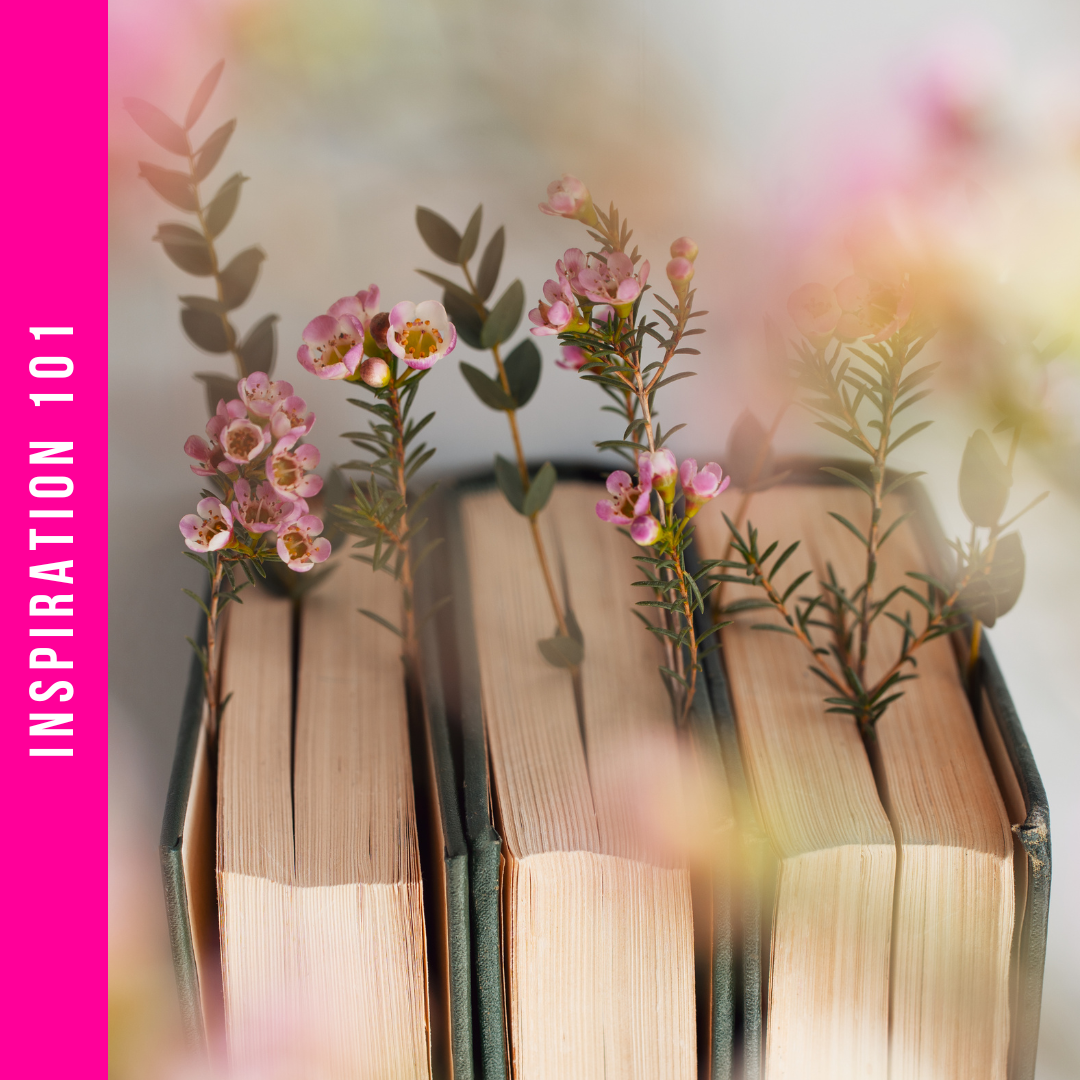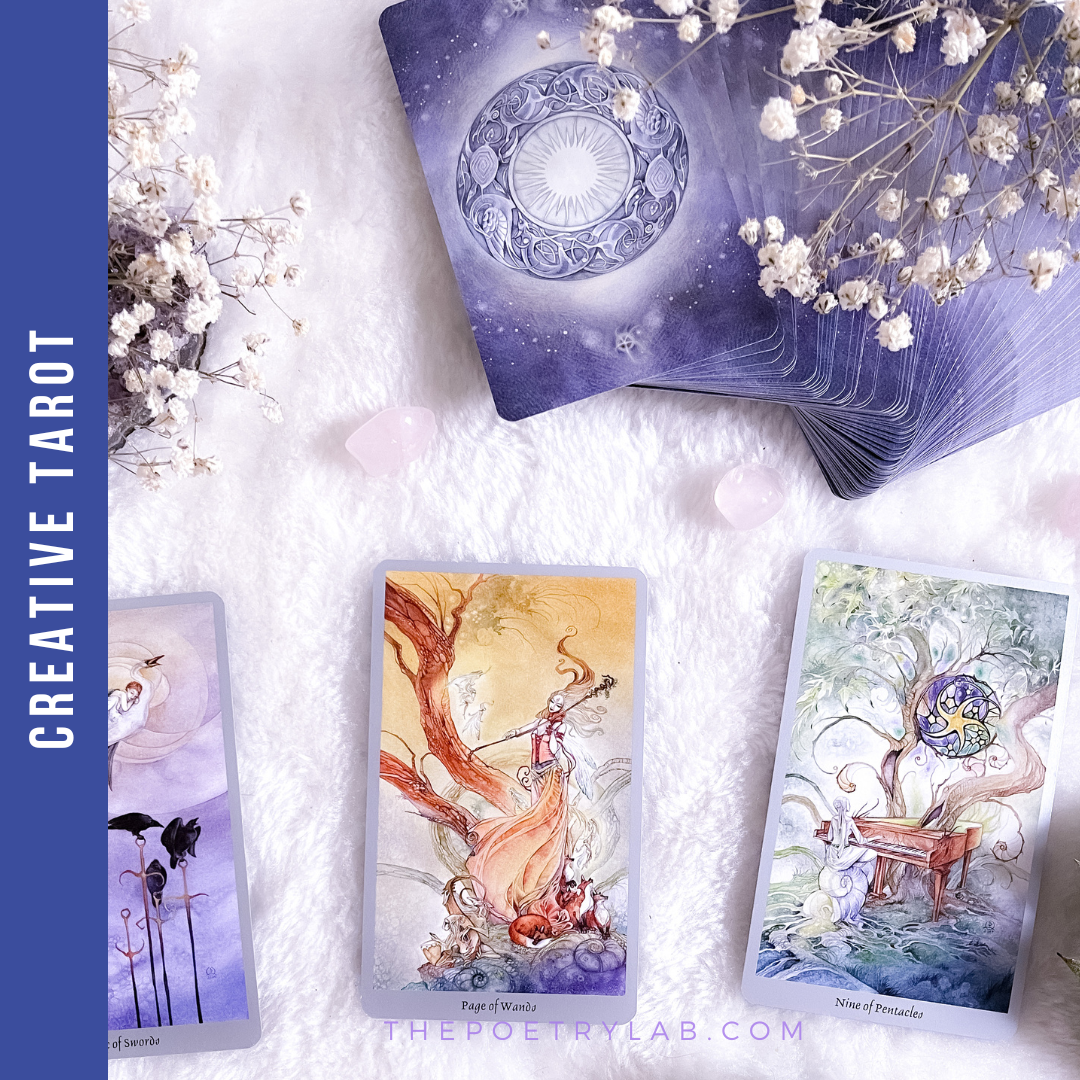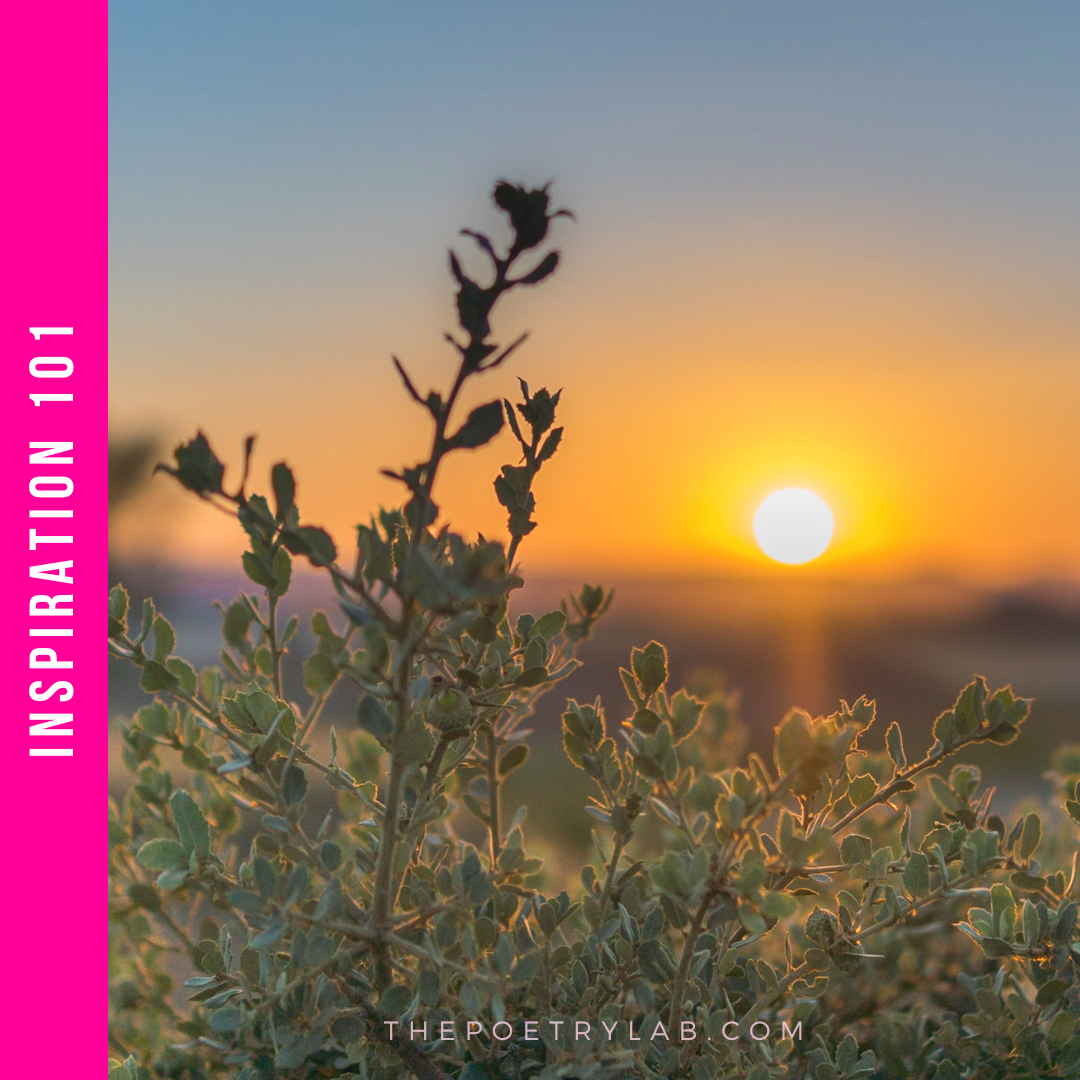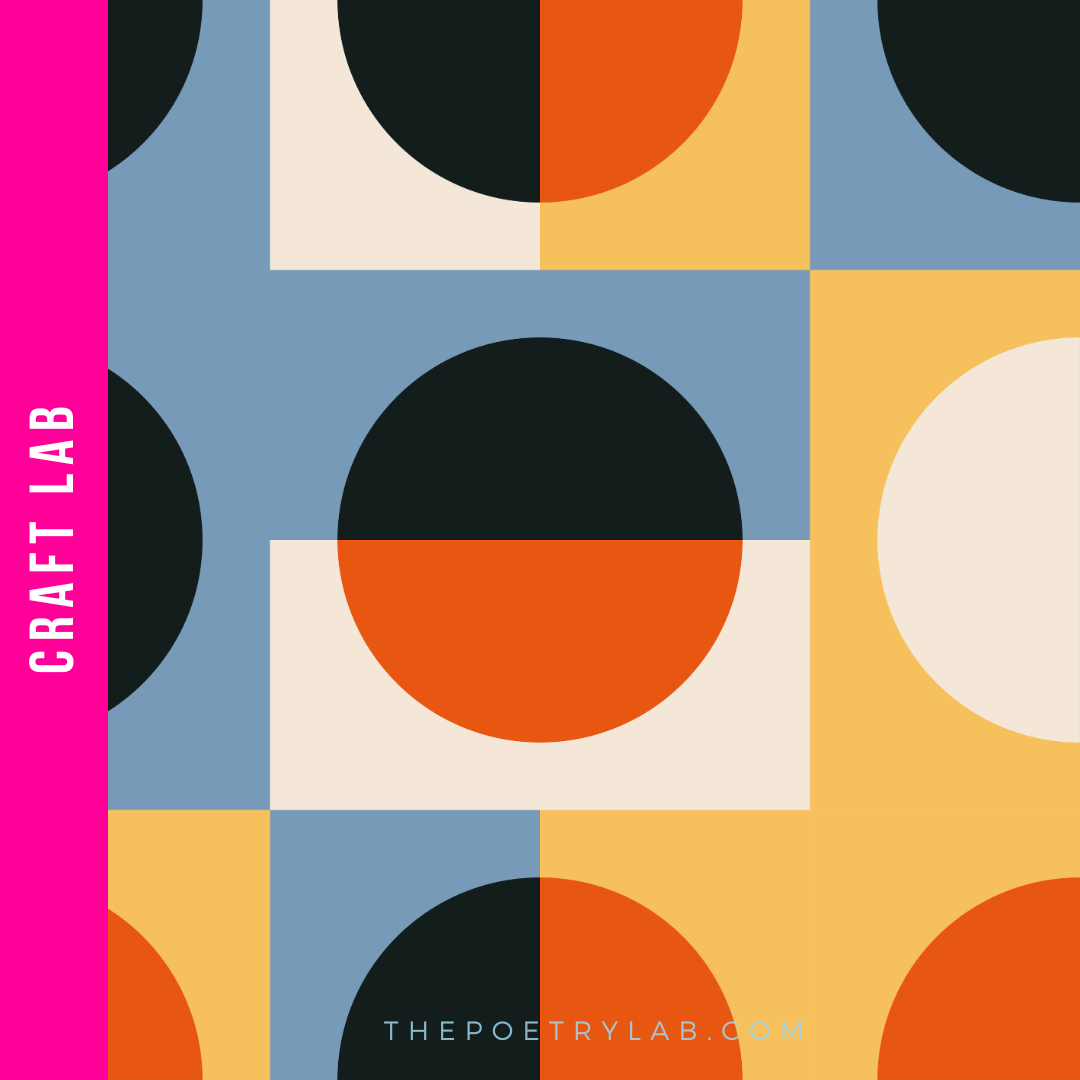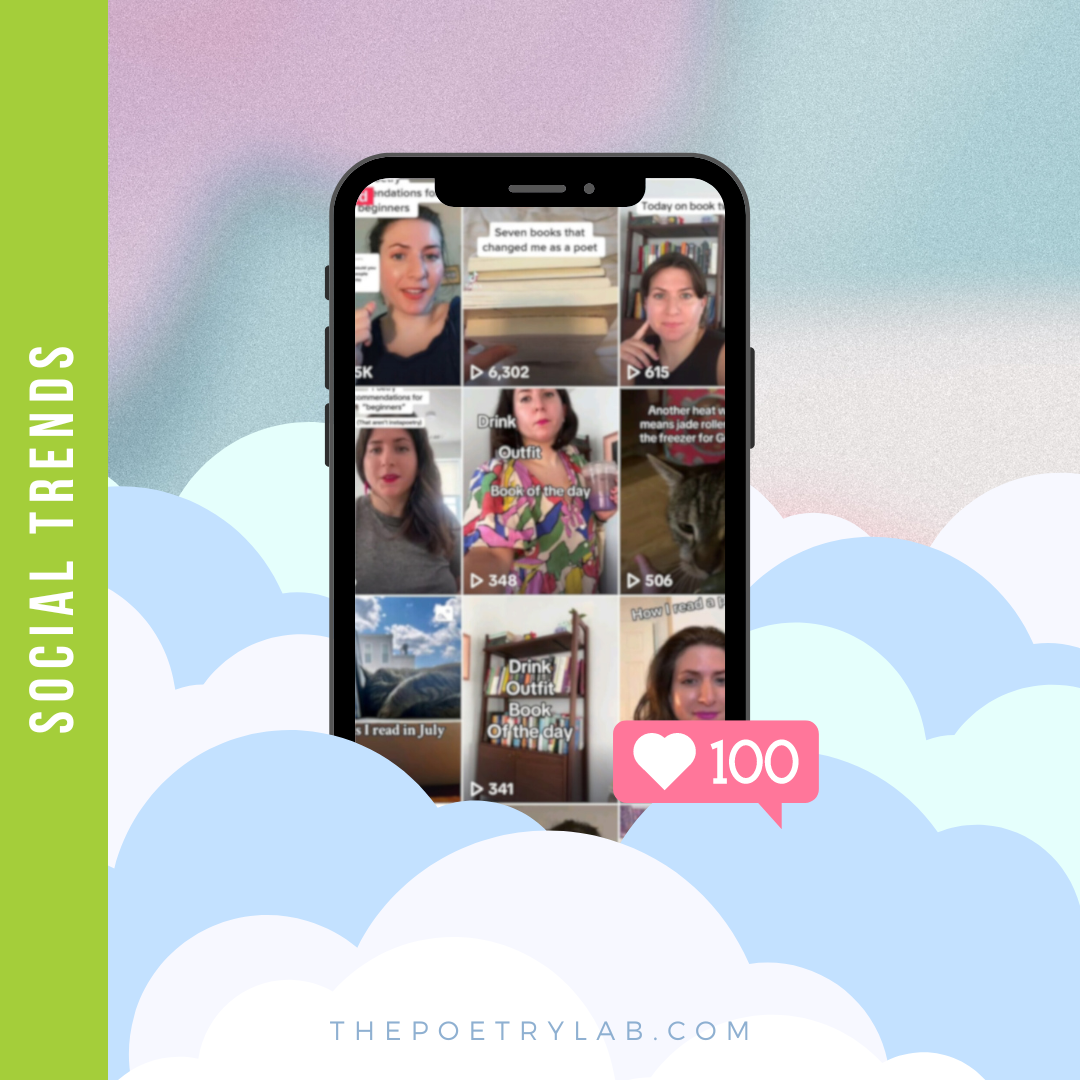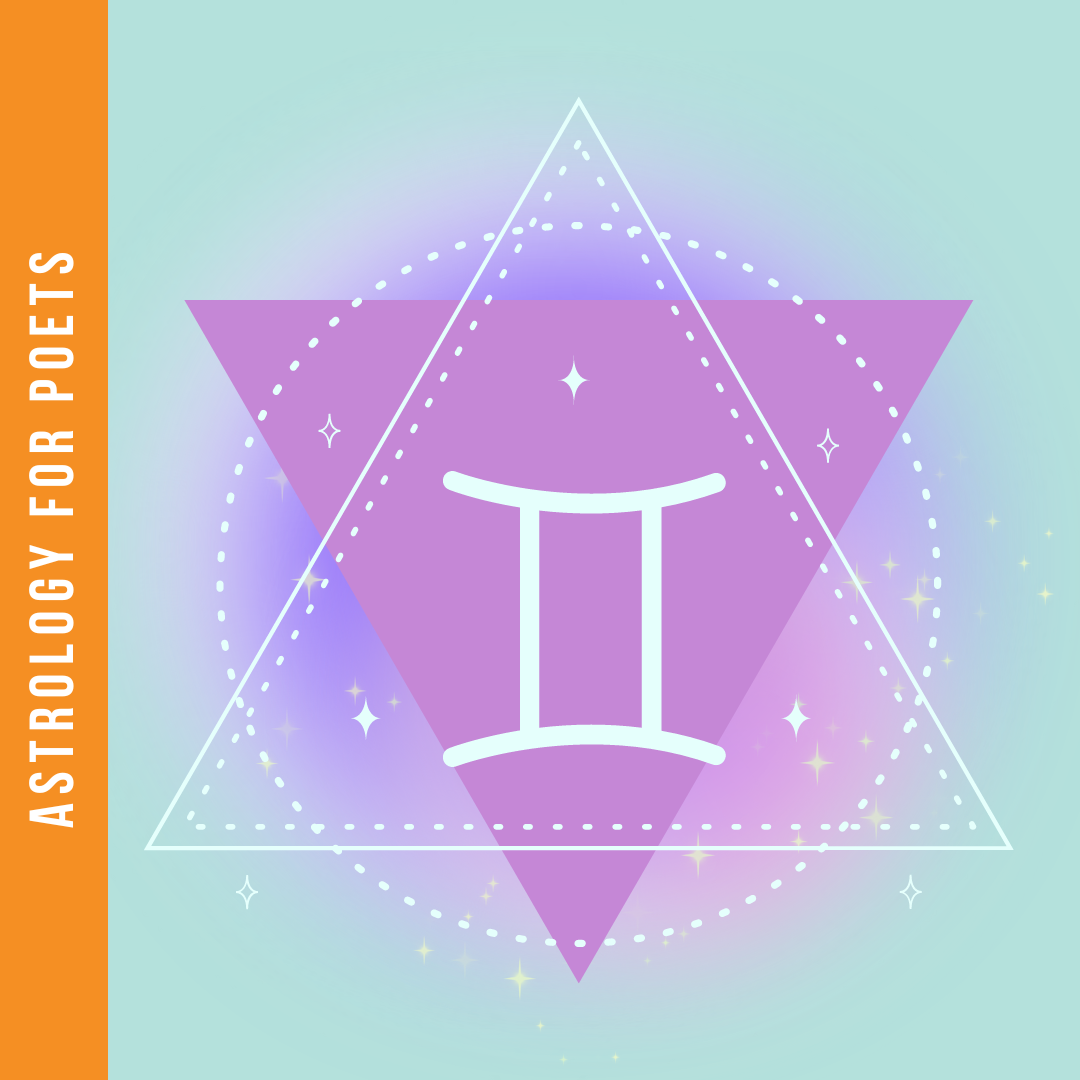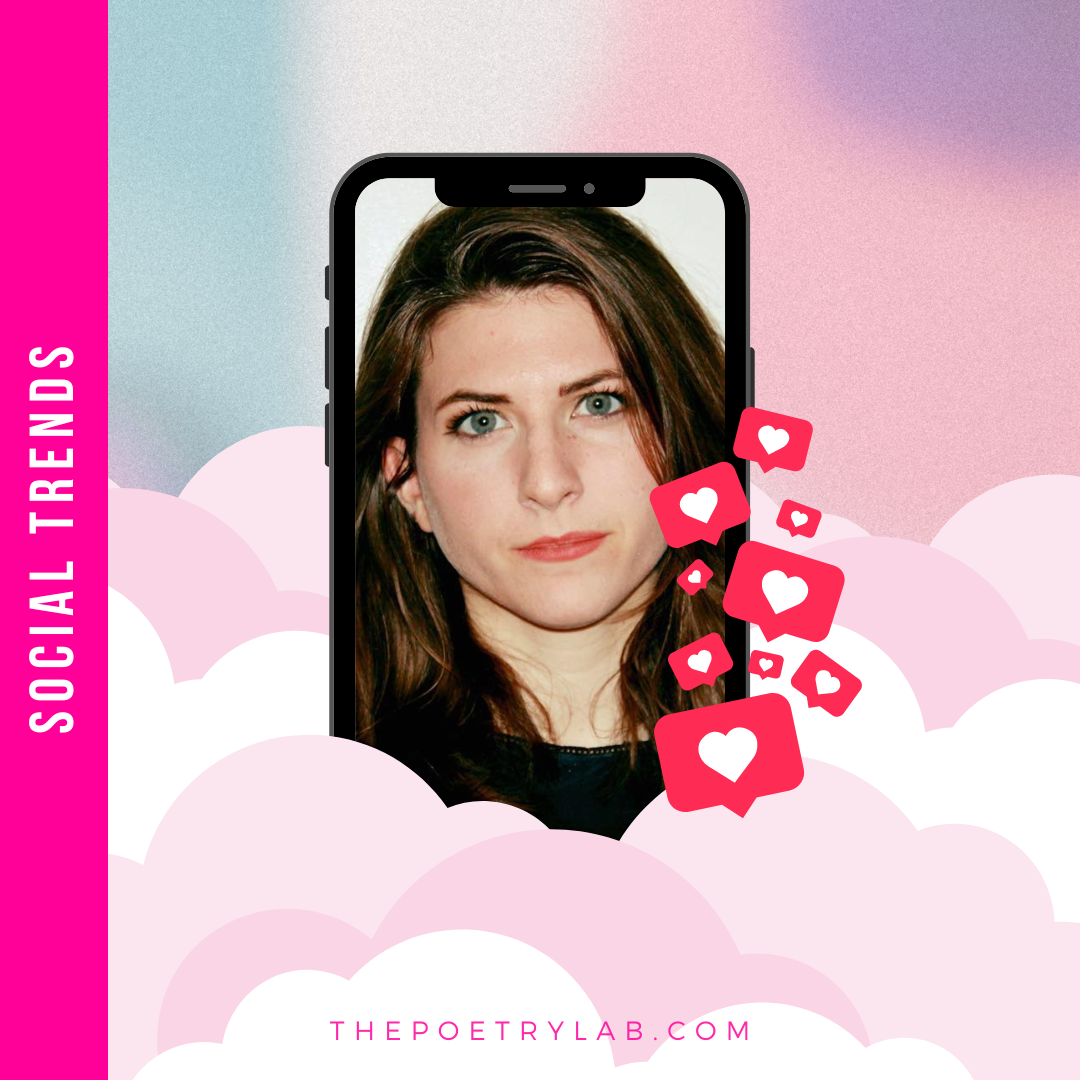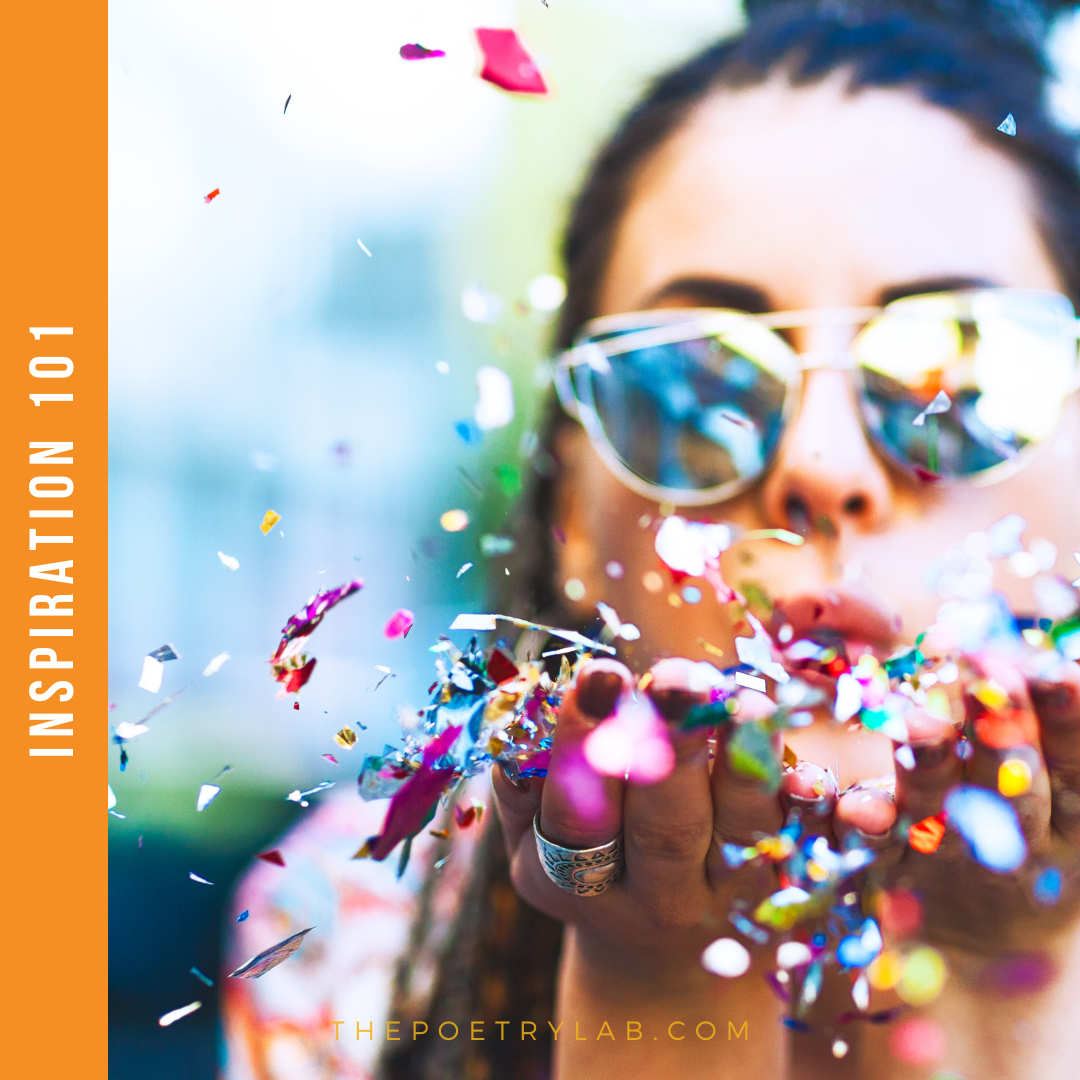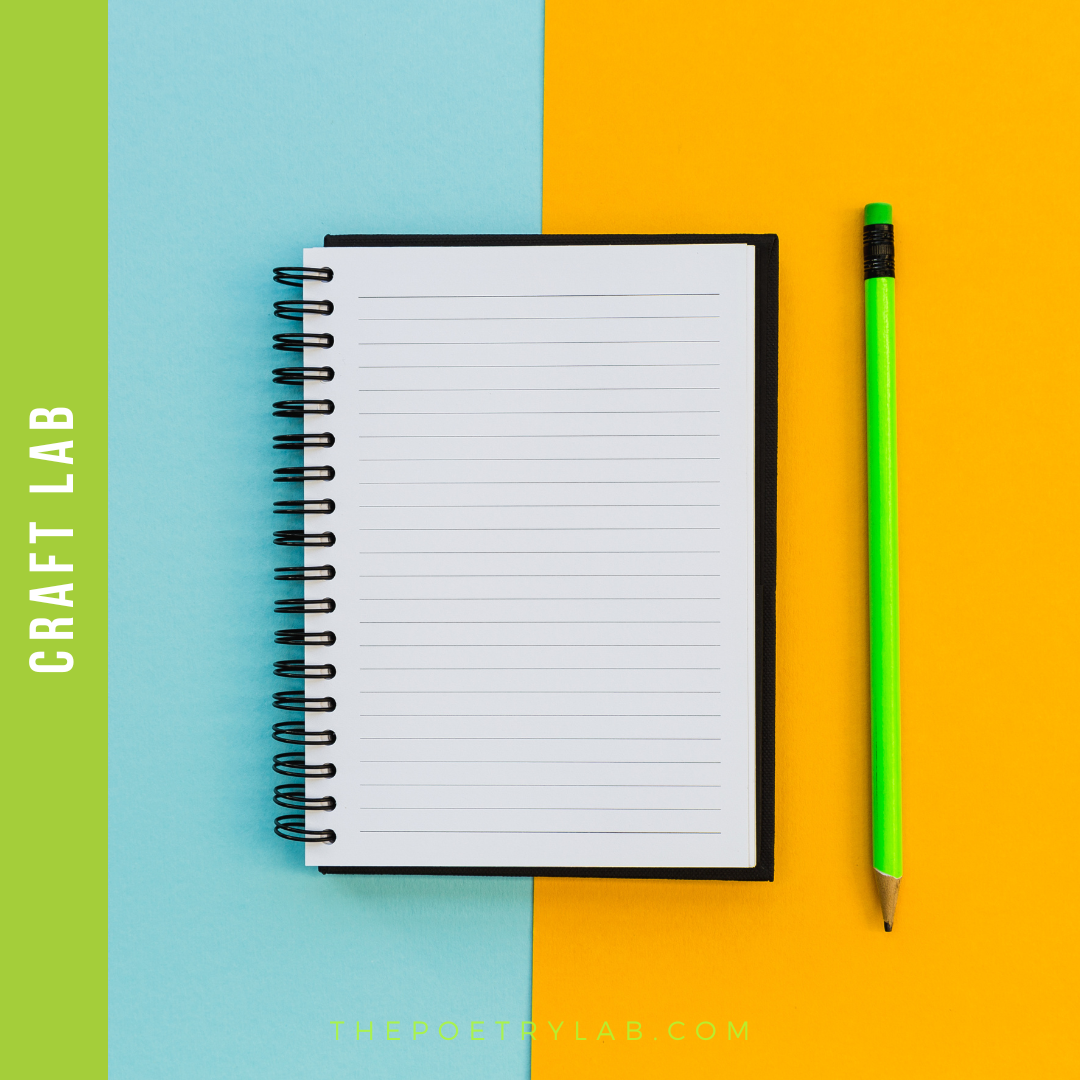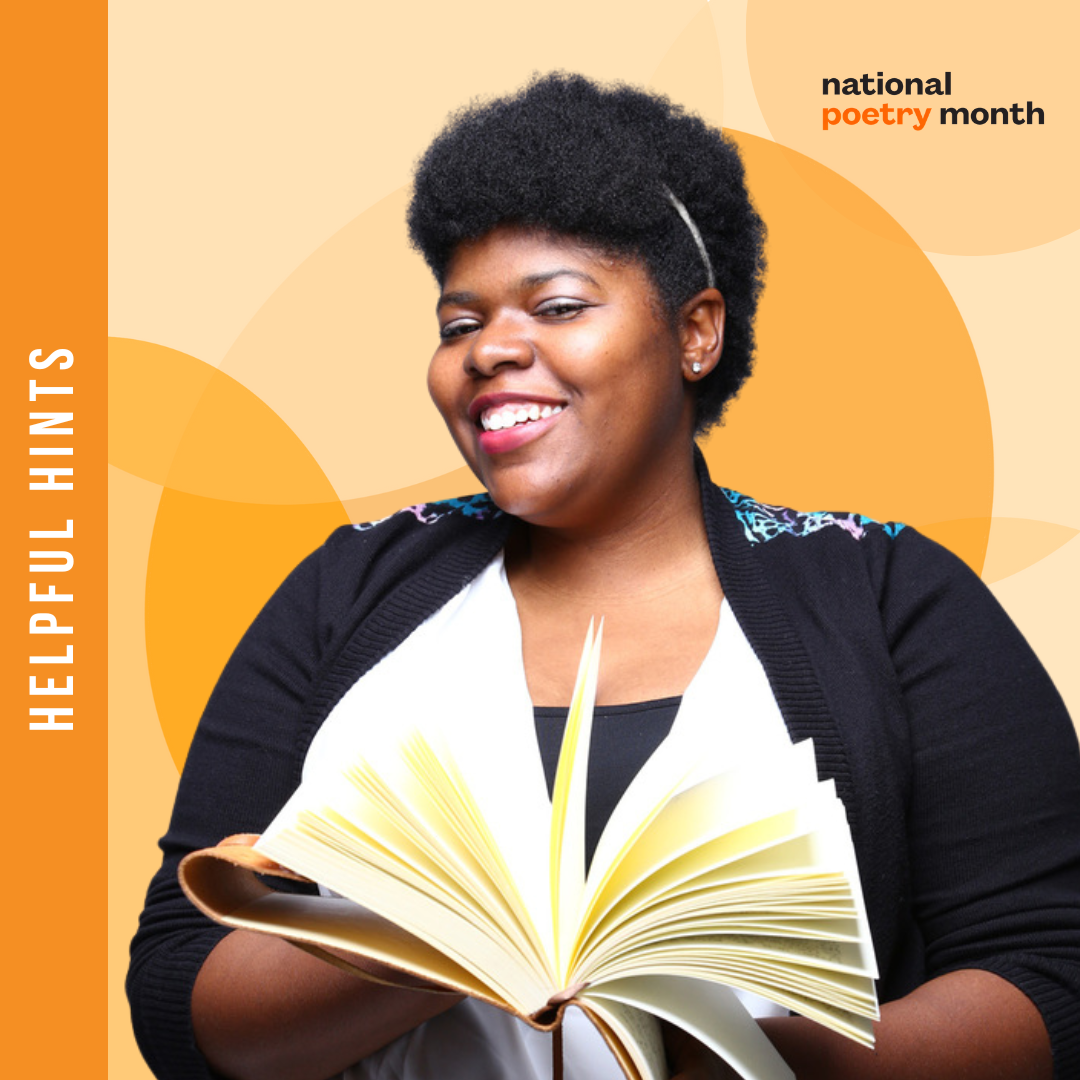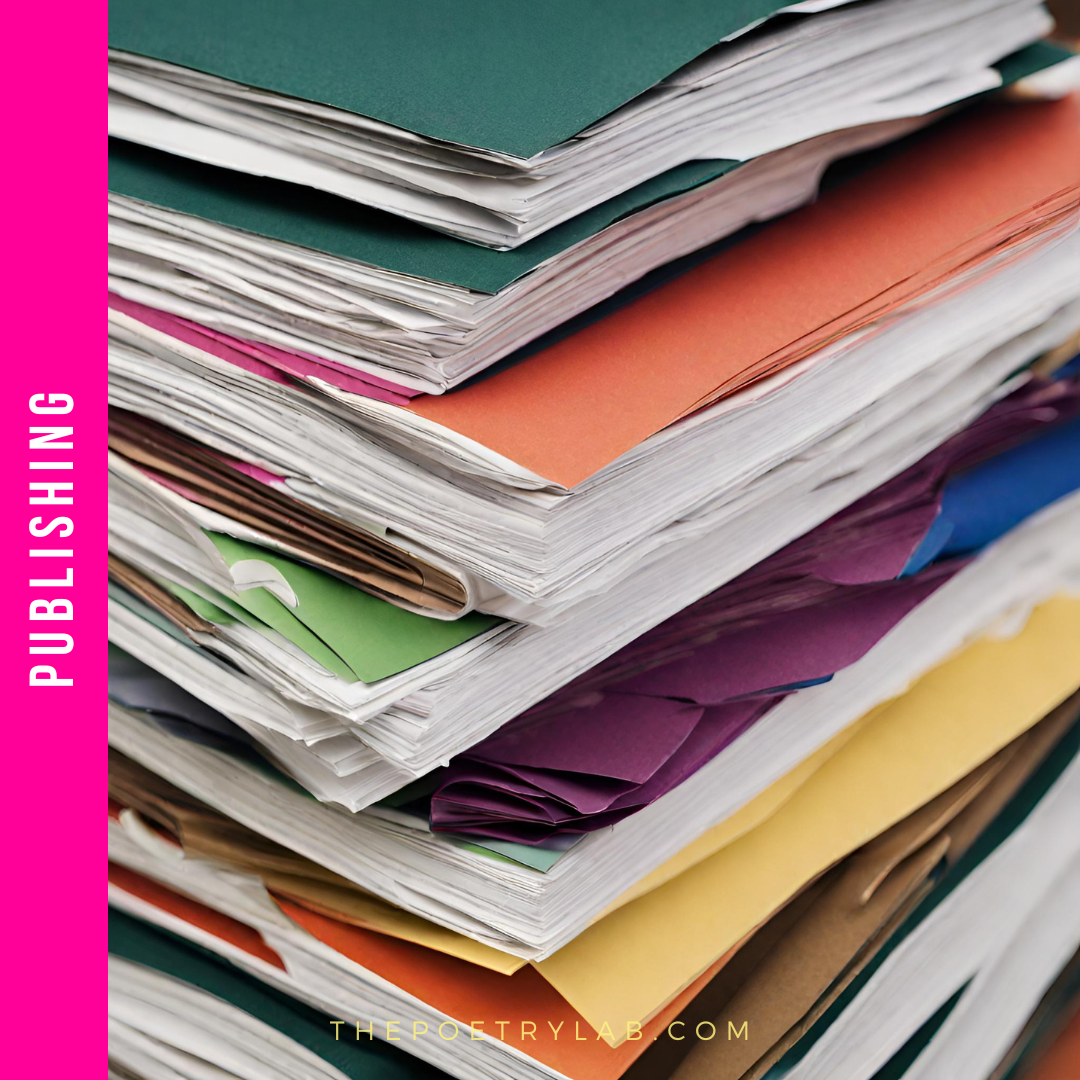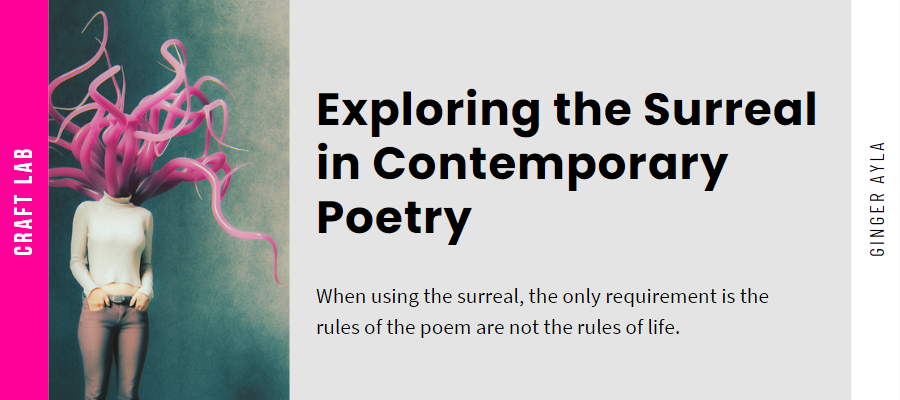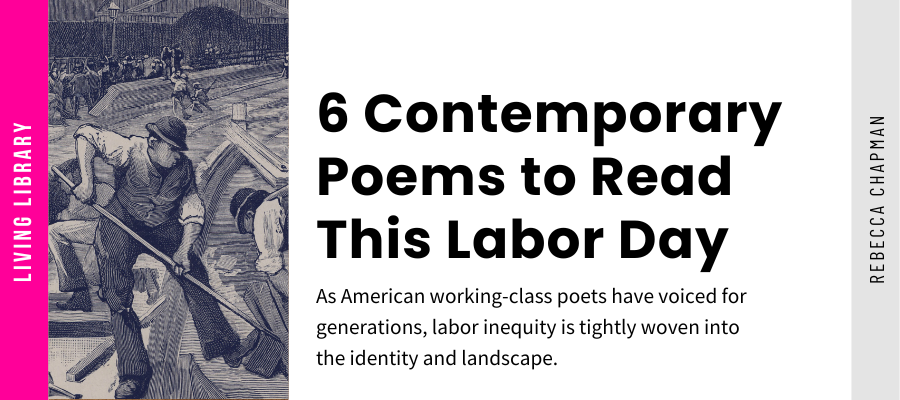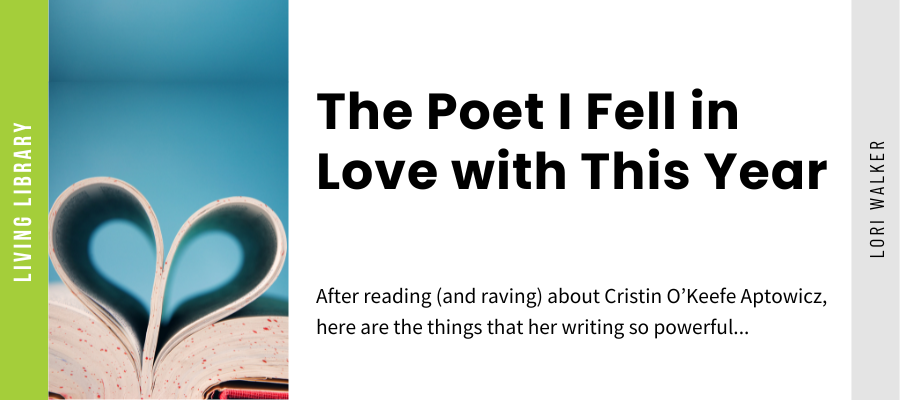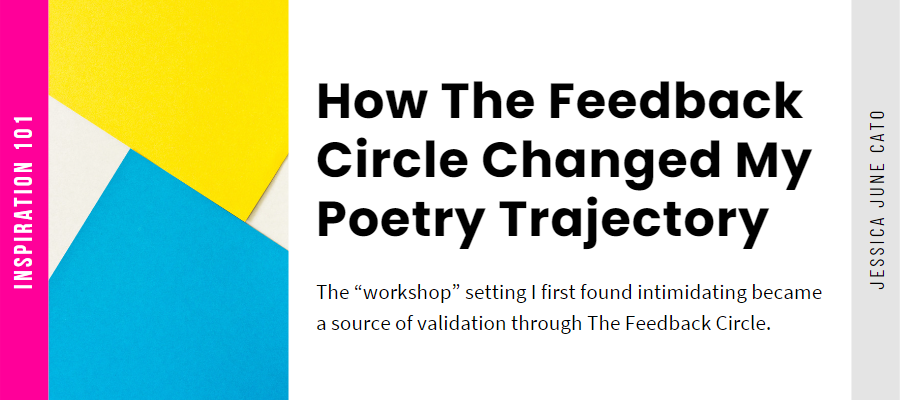


WELCOME TO THE POETRY LABResource Center
BROWSE BY CATEGORYSix low-pressure journaling prompts that invite poets to play, experiment, and build a sustainable writing practice.
Meet the voices behind The Poetry Lab Podcast and learn how poets transform inspiration into action through craft, community, and intentional practice.
Shift the focus from personal achievements to collective impact, because being a good literary citizen makes your poetry practice stronger.
Learn how to critically analyze and write about poems with this practical guide to reading like a writer.
Poetry isn’t defined by rhyme or form but by its power to slow us down, spark reflection, and create a deeply human connection.
Explore how tarot, paired with poetry, can guide personal reinvention and creative rebirth through meditations, prompts, and self-reflection.
The 2024 election has upended and divided many online communities—BookTok included.
In many ways, eclipses are the embodiment of adjusting your eyes and spirit to the sudden darkness you’ve been plunged into.
The storytelling traditions of Indigenous poets can inspire creativity, foster healing, and bring balance to your life.
Learn how poetry can serve as a spiritual practice by reflecting life’s cycles and guiding self-reflection.
Speculative poetry is a genre that uses imagination and hypothetical scenarios to explore themes beyond reality, often drawing on myth, fantasy, and reimagined narratives.
Explore four types of poetic repetition: anaphora, epistrophe, anadiplosis, and antanaclasis.
A food poem often explores deep emotions tied to memory and identity, using food as a metaphor for relationships, culture, or self-reflection.
Learn about the ongoing feud between Book Twitter and BookTok and why it’s important.
A study guide to creating your study guide! Here are actionable steps for poets looking to create their own learning journey.
Whether you're new to poetry or rekindling a lost love for the art, this guide demystifies the process with wit and humor.
Virtual spaces offer writers a safe, affordable, and flexible environment to build community, enhance their craft, and maintain their well-being, making them an essential resource for today’s writers.
Creating compelling characters who are both original and believable can be a challenge, whether you’re writing poetry or fiction. Tarot can be a great resource for developing or refining a character.
Whether you are an instructor wanting to make poetry more accessible or are a BookToker wanting to deepen and share your appreciation of poetry, here is a simple lesson plan you can use.
Jupiter's transit in Gemini signifies a period of growth and exploration in communication, learning, and adaptability, encouraging us to embrace new perspectives and expand our intellectual horizons.
Discover the concept of the "anchor" and how it can serve as a compass in your writing.
Building a secure, trusting relationship with poetry—independent of external validation—is essential for sustaining a fulfilling and resilient writing practice.
Art and poetry have a profound benefit on mental and physical health. This three-step approach will help you rewild your creativity, fostering a deeper connection with your inner self through creative expression.
How do poets like Kevin Young, Ruth L. Schwartz, and Ellie Black blend wit and insight to address serious subjects in a fresh and engaging way?
How to use everyday writing activities as a form of poetic medicine, helping you to process emotions and heal.
Learn how to embrace your rituals, use tarot spreads for emotional clarity, and integrate spiritual practices into your writing.
A poetic turn is the moment within a poem when an idea or feeling shifts, creating a new perspective or insight.
New Astrology for Poets columnist hr souffrant explains Pluto's role in astrology and reminds us that authentic power requires a deep healing process.
Reading a poem every day can enrich your life, providing a manageable yet profound way for busy moms to connect with poetry.
As someone who’s part of both the BookTok and the literary community, I’ll shed light on the issues that are most pressing to our digital literary space.
“The Fourth Wall” is a term I lovingly borrow from the theatre world and apply to poetry. But what does this have to do with poetry?
Sometimes in our lives we come across books that create a seismic shift in how we perceive the world around us and our role as poets in it.
An ecopoem can be about endangered and at-risk species, the displacement of fauna and flora in urban communities, pollution, and other issues.
Despite their capacity to inspire fear in student research paper writers everywhere, footnotes offer an interesting way to experiment in poetry.
From the French meaning “dawn,” the aubade is a poem or song announcing the arrival of the morning and usually, but not always, lamenting leaving or being left behind by a lover.
Titles can be put to work in any number of ways in a given poem, and finding the right one can be the key to unlocking a poem’s brilliance.
Here are the six crucial questions to ask yourself to analyze your next big idea.
Learn valuable tips from a seasoned poet on building community, staying motivated, and honing your craft during National Poetry Writing Month.
Learn how to create an account on Submittable and start using some of its easy and free features.
Ekphrastic poetry explores the intersection between visual art and written expression.
What do we love even more than poets? Poets who love other poets!
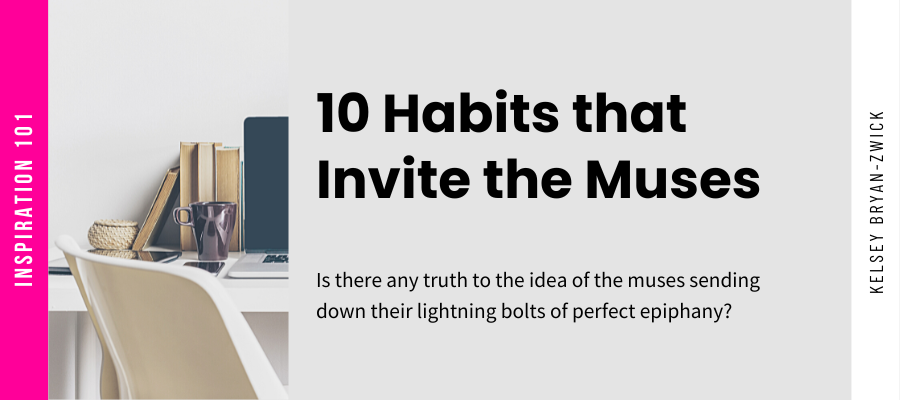
10 Habits to Invite the Muses
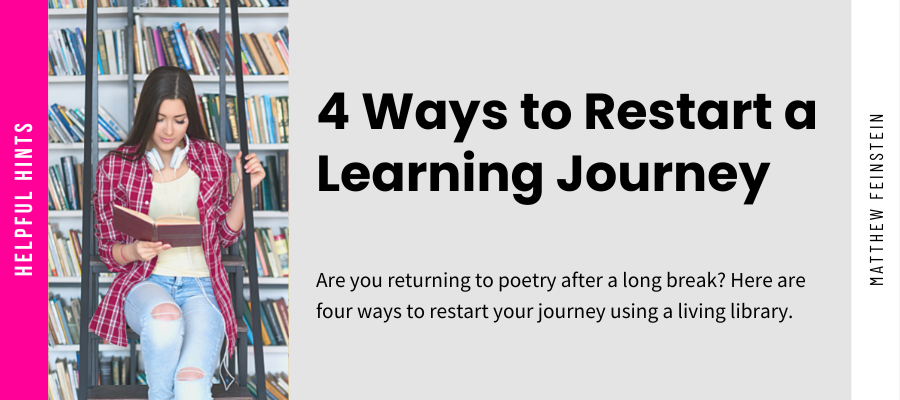
4 Ways to Restart a Learning Journey
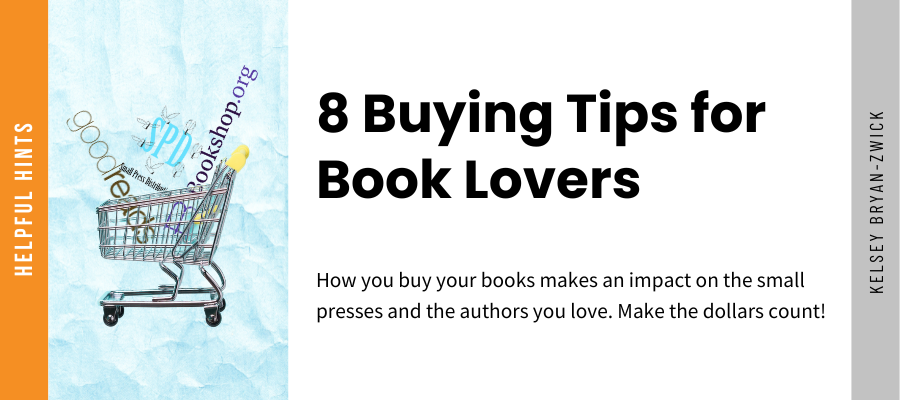
8 Buying Tips for Book Lovers
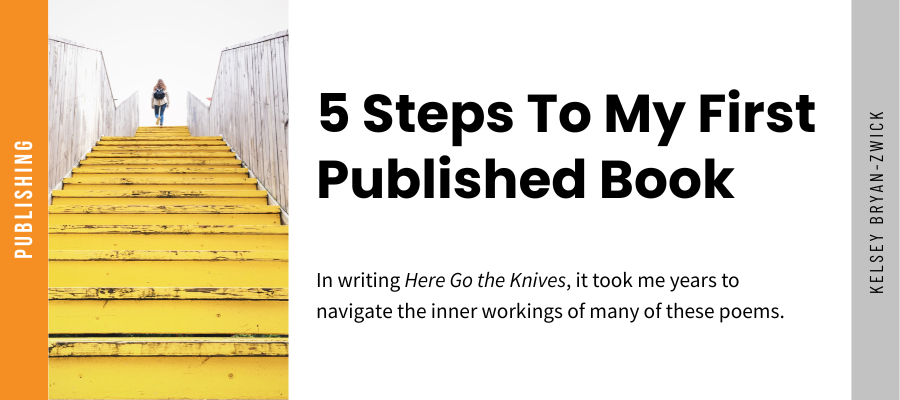
5 Steps To My First Published Book
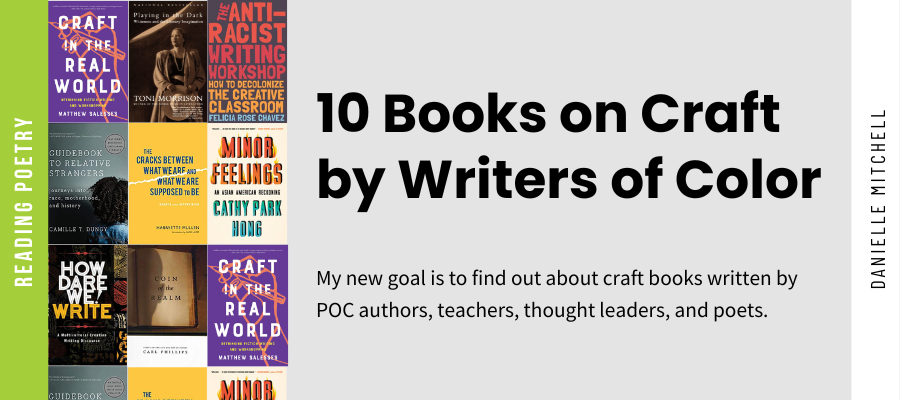
10 Books on Craft by Writers of Color
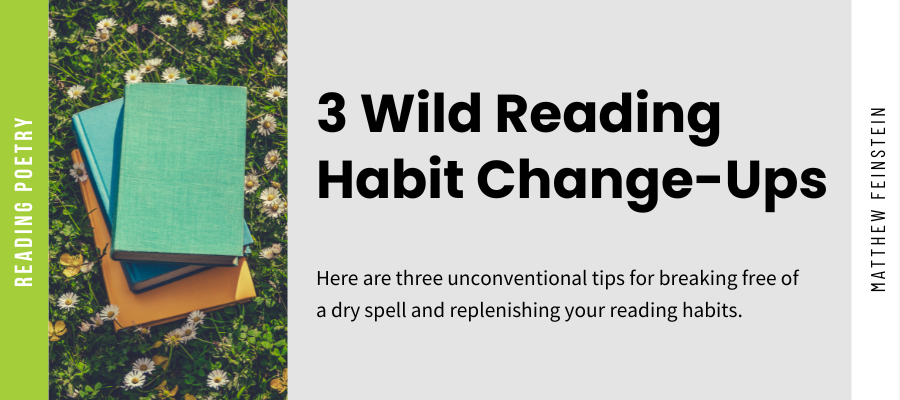
3 Wild Reading Habit Change-Ups
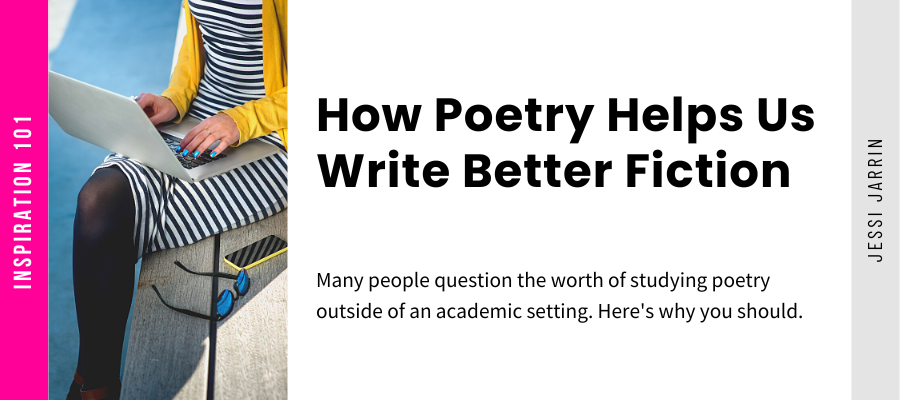
How Poetry Helps Us Write Better Fiction
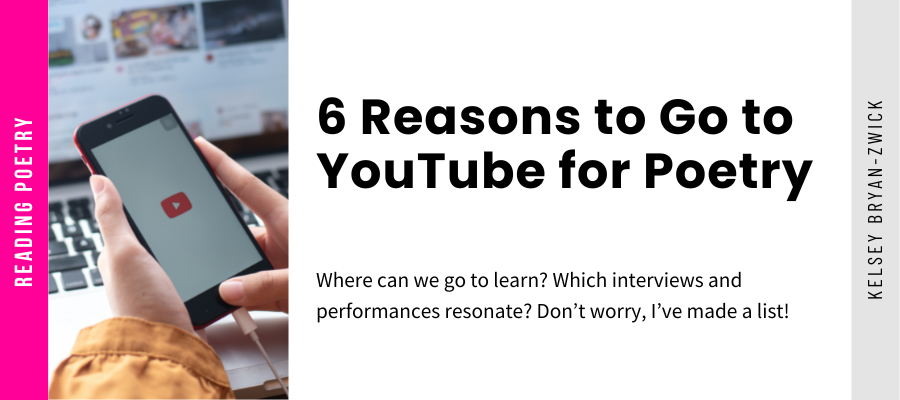
6 Reasons to Go to YouTube for Poetry

Unstoppable Poetry Magic
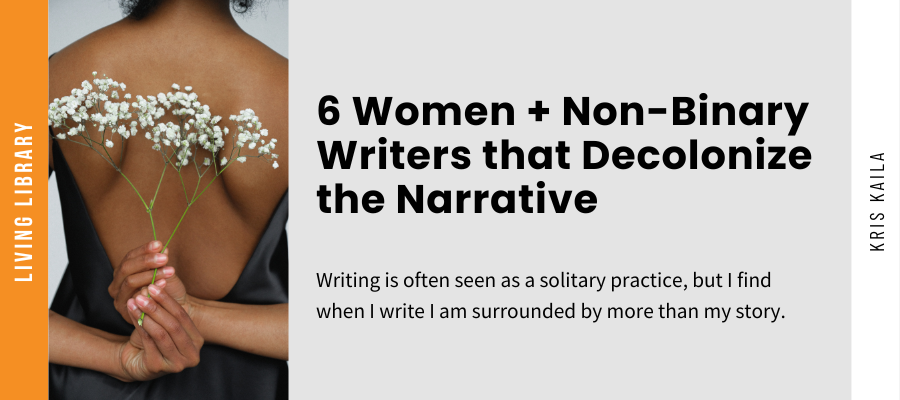
6 Women and Nonbinary Writers that Decolonize the Narrative
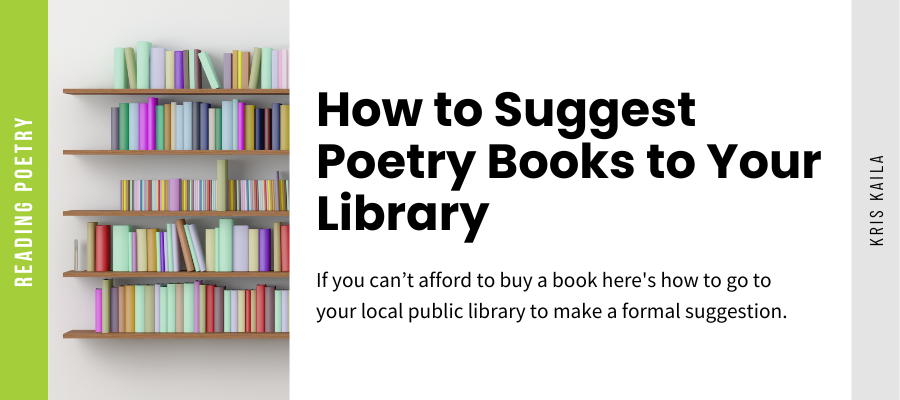
How to Suggest Poetry Books to Your Local Library
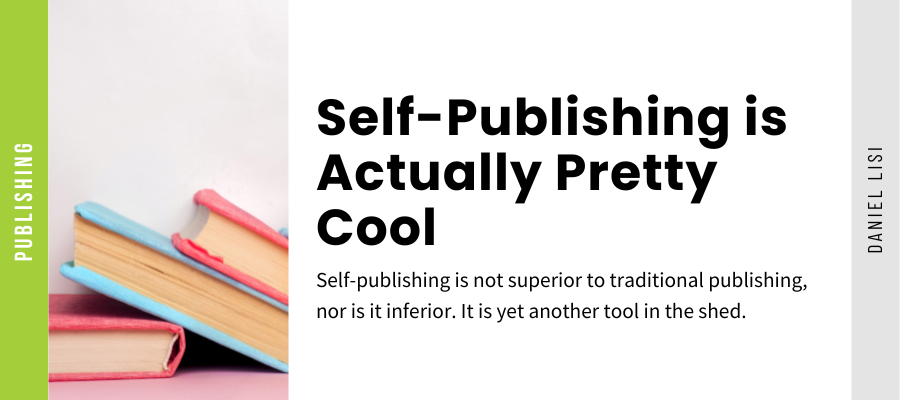
Self Publishing is Actually Pretty Cool

10 Stunning Self-Portrait Poems
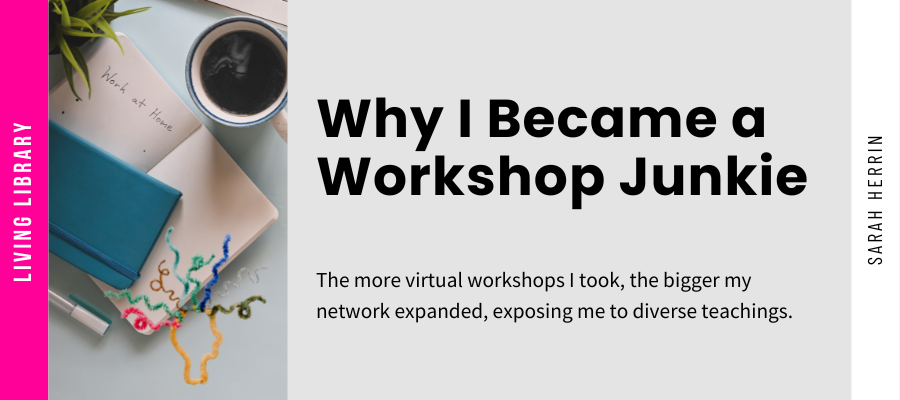
Why I Became a Workshop Junkie
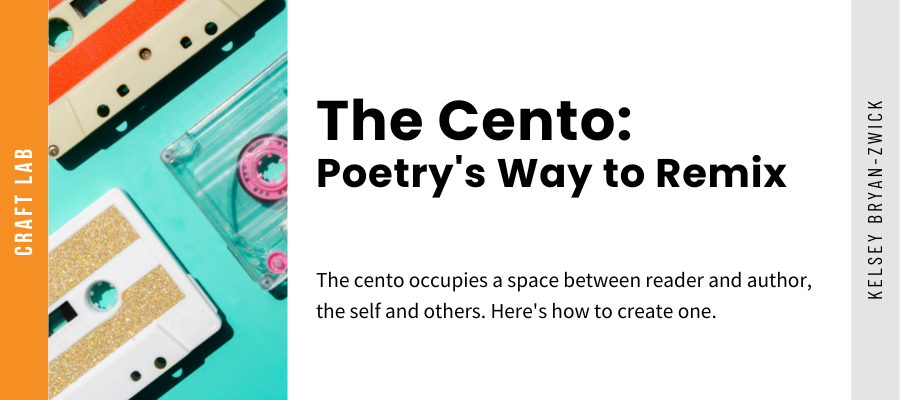
The Cento: Poetry's Way to Remix
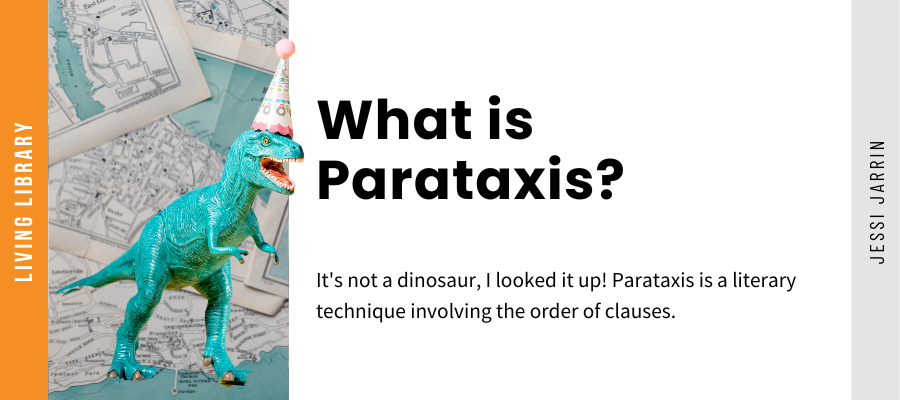
What is Parataxis?
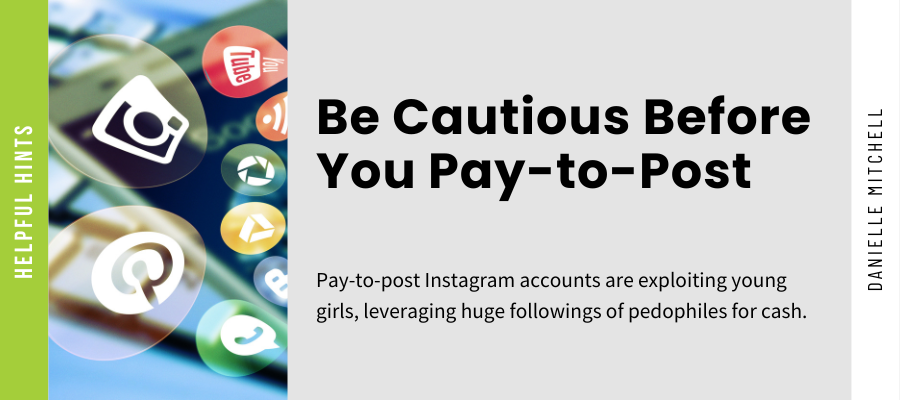
Be Cautious Before You Pay to Post
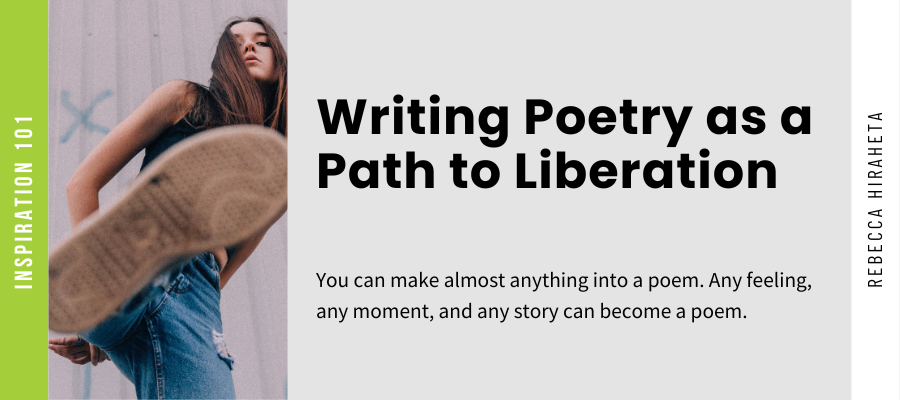
Writing Poetry as a Path to Liberation
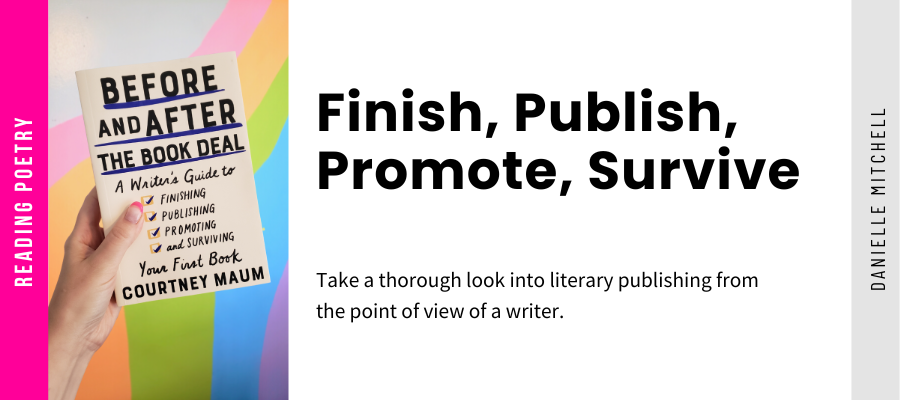
Finish, Publish, Promote, Survive
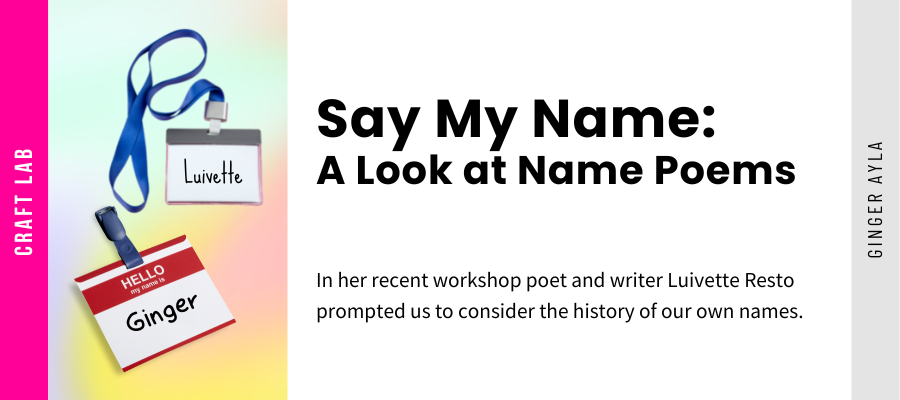
Say My Name: A Look at Name Poems
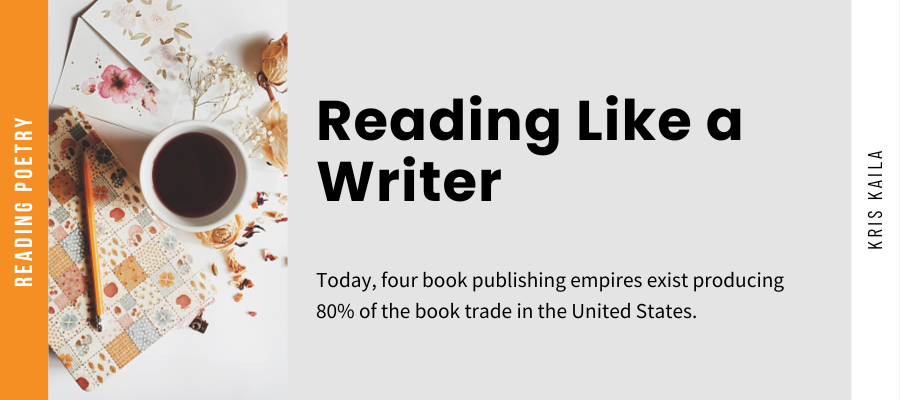
Reading Like a Writer: A National Poetry Month Challenge
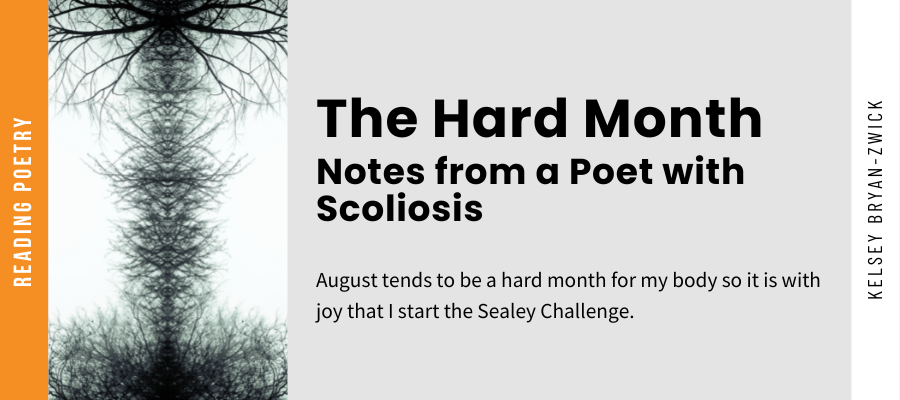
The Hard Month
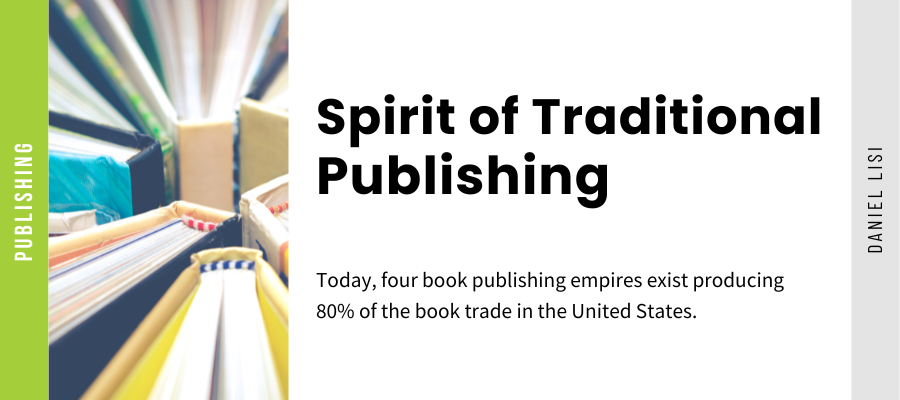
The Spirit of Traditional Publishing

The Art of Access
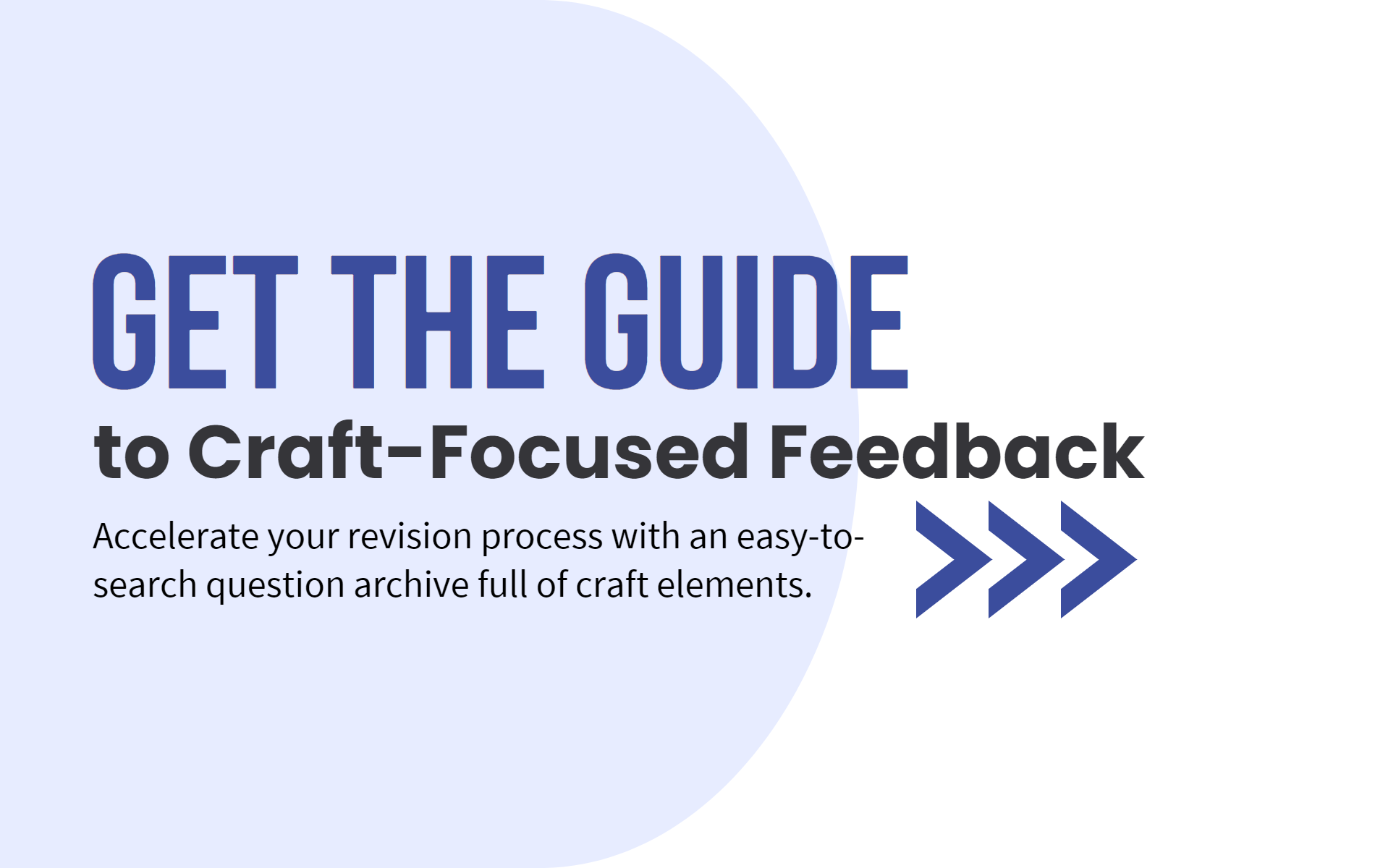
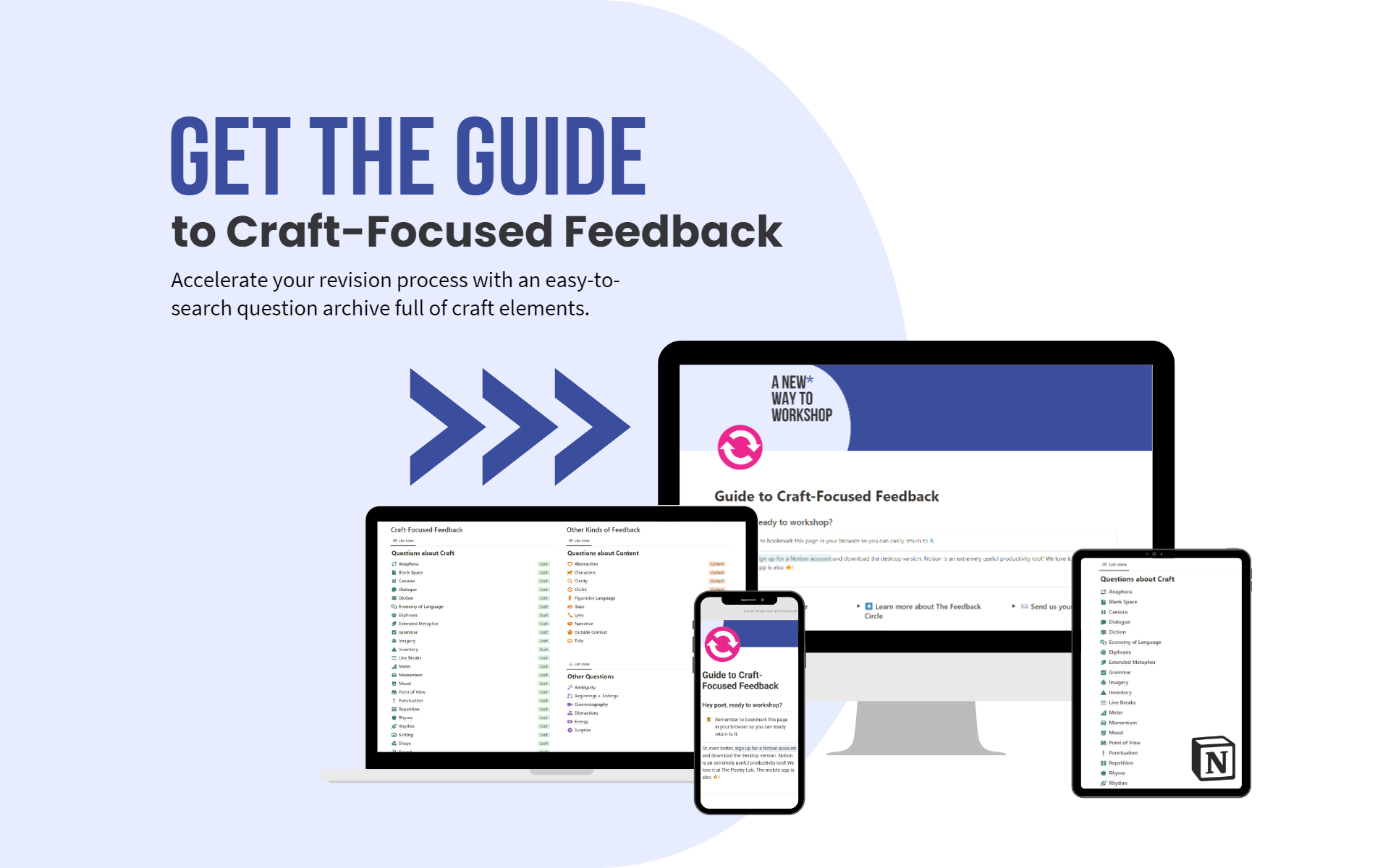
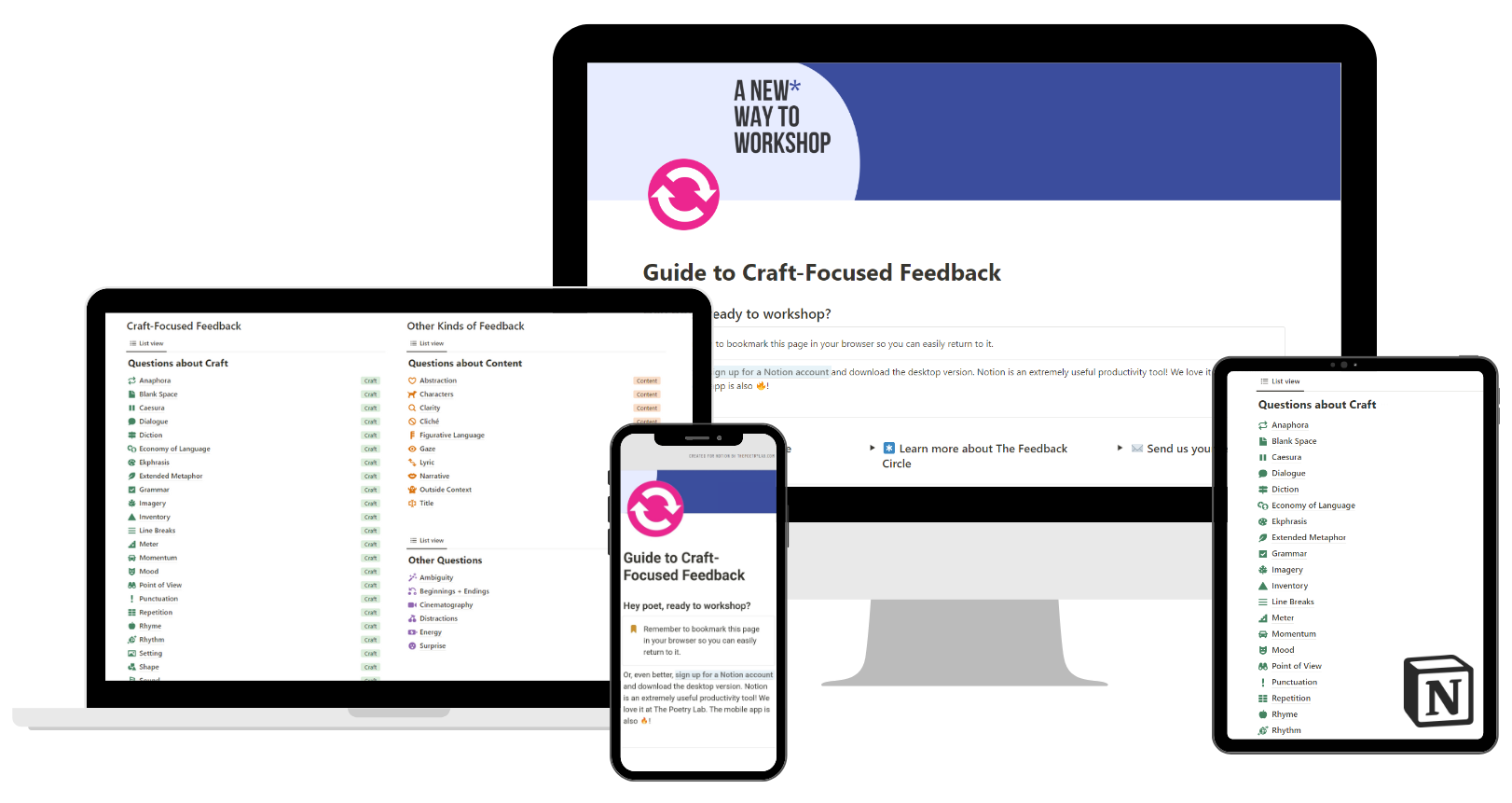
Featuring over 40 elements of craft, this FREE database will help you easily navigate your questions about syntax, diction, parataxis and more!

